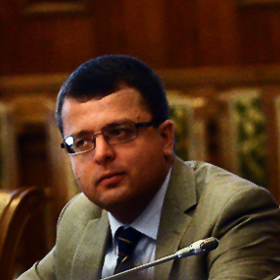
Consequences of Alternative Energy Supplies in a Competitive EU Gas Market
EWI Senior Fellow, Danila Bochkarev, examines the effects of alternative energy supplies in a robust and competitve EU gas market.
In February 2016, the European Commission released the “EU strategy for liquefied natural gas and gas storage” as part of its sustainable energy security package. According to this document, access to LNG is expected to increase security of supply, reduce dependence on Russian gas and allow European consumers to take advantage of the global ‘gas glut’ and the availability of cheap LNG.
On the one hand, investment in LNG seems to be illogical in the present market conditions – according to the International Gas Union (IGU), as the data for EU LNG terminal utilization rate averaged only 25% in 2015. In January – April 2016 this year this number was even lower – according to Gas Infrastructure Europe (GIE) which confirmed that the average usage of Europe’s re-gasification facilities was around 17%. On the other hand, LNG supporters point out that energy security is above all imperative. A number of EU member states – particularly in Southeast Europe – are still disconnected from global/European natural gas markets and heavily dependent upon a single supplier. Therefore, new LNG terminals are seen as a “bridge” between the gas markets in Europe. Furthermore, rapidly declining domestic production and the projected increase of Europe’s dependency on gas imports from third countries requires the EU to strengthen the resilience of its markets.
Click here to read the full article on EurActiv.com

